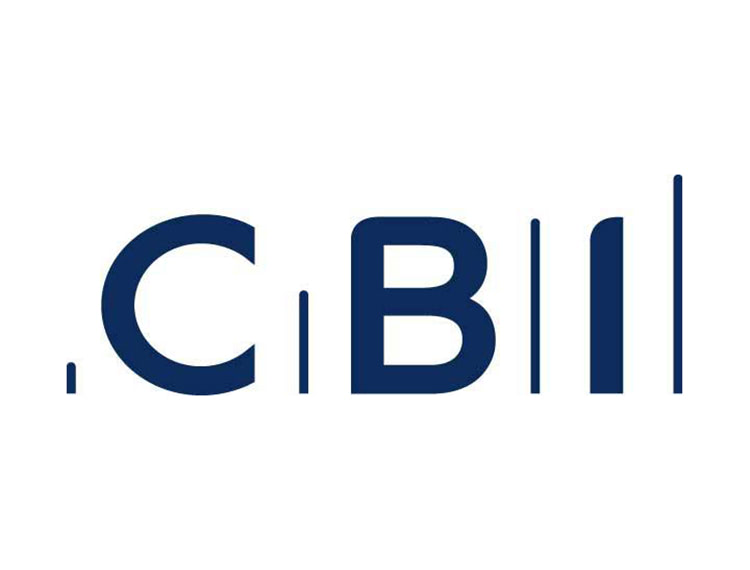Jeremy Corbyn addresses #CBI2018

The leader of the opposition on the threat of a no-deal Brexit, the Labour alternative and why businesses need to play by new rules
Jeremy Corbyn took to the stage to criticise the government’s mishandling of the Brexit negotiations, which he said “locks in uncertainty for another two, three, four – who knows how many more years?”.
He confirmed that Labour would vote against the government’s deal and demand a General Election if it cannot get it through Parliament. “If we cannot secure a General Election, then we have been clear that all options must remain on the table, including a public vote,” he said.
He added: “The Prime Minister is trying to take us into a blindfold Brexit, a deal designed to get her through to the next stage of the process without anyone being able to see where we’re heading as a country.”
No-deal isn’t an option
Corbyn said he understood why business is so concerned about the prospect of a no-deal, but that the threat “simply isn’t realistic”.
He went on to set out Labour’s alternative plan for a “jobs-first agreement that could help bring our country together”.
It includes a new comprehensive and permanent customs union and a strong single market relationship that protects workers’ rights, consumers and the environment and drives investment at home.
A bigger story to tell
But Corbyn also said the UK needed to look at why the country voted as it did in the referendum, citing an unbalanced economy, under investment and failed economic policy.
“The shape of our economy after Brexit will not only be determined by the text negotiated in Brussels. It will be driven by political decisions about the direction we wish to take as a country,” he said.
“It could not be clearer, business as usual isn’t working. And when the rules of the game aren’t working for the overwhelming majority, the rules of the game need to change,” he continued.
But he said Labour proposals for higher taxes on the largest businesses, rolling out sectoral collective bargaining and legislating to ensure a third of the seats on company boards are reserved for elected worker-directors did not amount to a war on business.
“Labour recognises the vast and vital contribution businesses make to our economy and our society. And at the heart of that contribution are your employees. They have an interest in the long-term success of your company – their company. They have in-depth knowledge of its day to day workings. They have so much to contribute and giving them a real voice will strengthen, not weaken, the business.”
Investment priorities
Corbyn also spoke about the importance of raising productivity and investment, closing the lending gap and the skills gap, and about putting the environment centre stage.
“We’ve been talking a lot today about the urgency and importance of the choices we face over Brexit but in a very real sense the most serious and pressing challenge we face of all is the potential decimation of our planet,” he said.
Rounding up, he added that the UK shouldn’t fear change, but embrace it.
“Business in Britain today faces a great future if it embraces the change we need for our economy and our society.”
Responding to a speech by the Labour party leader, Jeremy Corbyn MP, Carolyn Fairbairn, CBI Director-General, said:
“Firms have made an offer to Labour – to work with business in a new partnership to solve the issues facing the UK and build a truly competitive and fair country.
“From rigid employment rules to blunt public ownership, the Labour approach sounds more command and control, than partnership. This is not the change that is needed.
“Labour and business do share an ambition to tackle inequality, but the way to achieve this is through collaboration based on the belief that enterprise is a force for good.”
On Brexit:
“Firms wants a new relationship based on frictionless trade, services access and a say for the UK over future rules. This is the real prize – and firms are desperate to move forwards.
“The deal currently on the table opens up this potential, and the last thing businesses want is to go backwards. The Government’s deal is not perfect, but with four months to go and the potential of no deal looming progress must be made.”











Responses